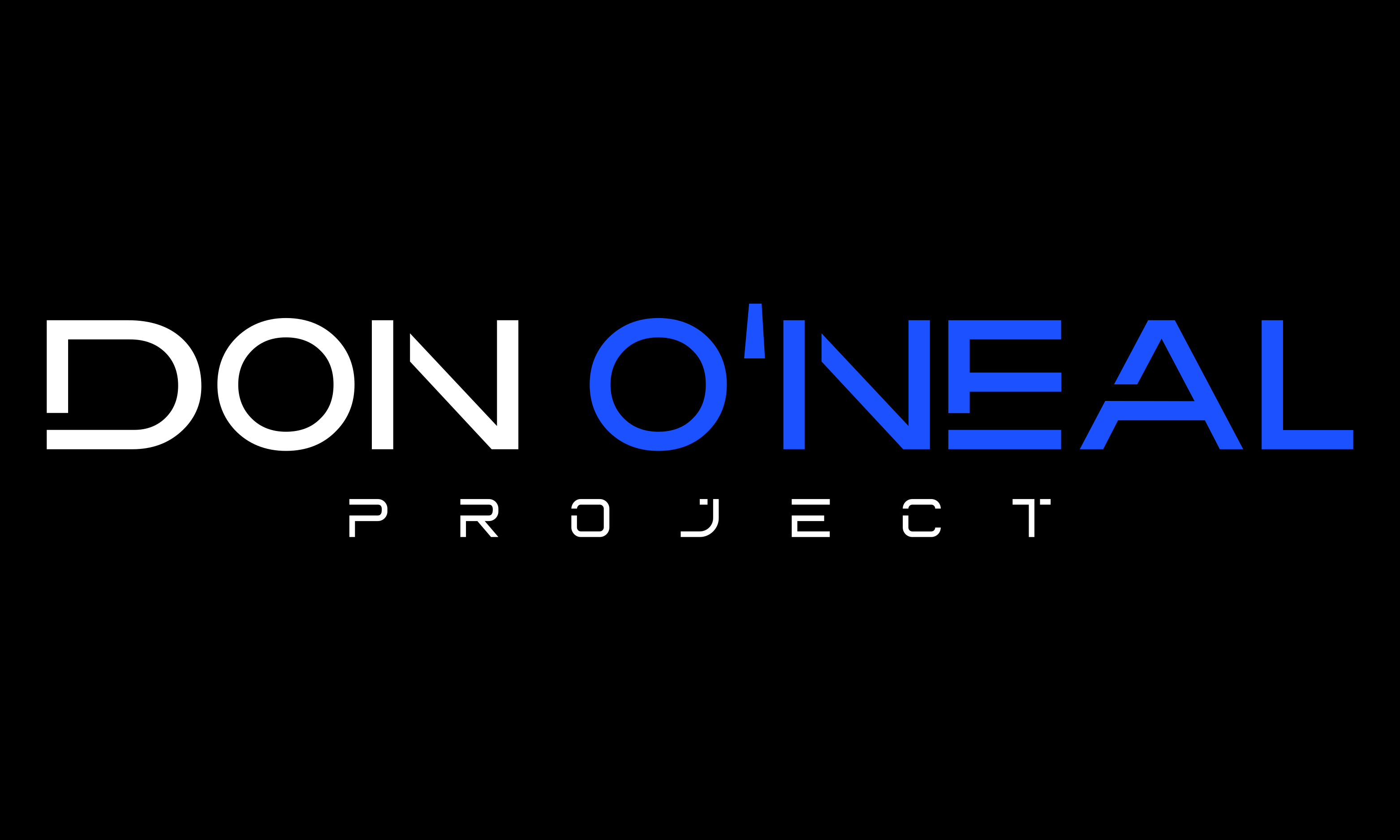In today’s fast-paced world, effective problem-solving skills are more crucial than ever. Whether in personal or professional contexts, the ability to navigate challenges can set individuals apart from their peers. Problem-solving is not just about finding a solution; it encompasses a series of steps that can lead to improved outcomes and innovative results. By honing these skills, you can enhance your critical thinking, boost creativity, and ultimately achieve more in your personal life and career.
What Are Problem-Solving Skills?
Problem-solving skills refer to the ability to analyze issues, identify solutions, and implement those solutions successfully. These skills combine analytical thinking, creativity, and decision-making.
Key Components of Problem-Solving Skills
- Analytical Thinking: The ability to evaluate information and break down complex issues.
- Creativity: Innovative thinking that leads to unique solutions.
- Decision-Making: Making informed choices after analyzing options.
- Communication: Effectively conveying ideas and solutions to others.
Why Are Problem-Solving Skills Important?
Developing strong problem-solving skills can lead to numerous benefits in various areas of life, particularly in the workplace.
Benefits of Strong Problem-Solving Skills
- Increased Productivity: Efficiently resolving issues allows for uninterrupted workflows.
- Improved Decision Making: Better choices result from thorough problem analysis.
- Enhanced Team Dynamics: Collaborative problem-solving fosters open communication and trust within teams.
- Greater Adaptability: Individuals can navigate change more smoothly with strong problem-solving skills.
Steps to Improve Problem-Solving Skills
Improving your problem-solving abilities involves a series of actionable steps that you can implement in your daily life.
1. Identify the Problem
Start by clearly defining the problem at hand. Understanding the issue is the first step toward finding a solution.
2. Gather Information
Collect relevant data and insights from various sources.
- Conduct interviews or surveys
- Review available literature or case studies
- Analyze previous similar problems and their solutions
3. Generate Possible Solutions
Brainstorm multiple solutions without evaluating them initially. This encourages creative thinking.
- Use techniques such as brainstorming sessions or mind mapping.
- Encourage input from diverse team members to broaden perspectives.
4. Evaluate and Choose Solutions
Assess each proposed solution considering the pros and cons.
- Consider factors such as feasibility, resources, and potential outcomes.
- Utilize decision-making frameworks like SWOT analysis.
5. Implement the Chosen Solution
Create an actionable plan to implement the selected solution effectively.
- Allocate resources necessary for execution.
- Assign roles and responsibilities to team members.
6. Monitor and Review
After implementation, monitor the outcomes to evaluate success and identify any further adjustments needed.
Practical Examples of Problem-Solving Skills
Implement your problem-solving skills in real-world scenarios to see their effectiveness:
Example 1: Workplace Conflict Resolution
In a team setting, if a conflict arises concerning project responsibilities:
- Identify the specific source of the conflict.
- Facilitate a meeting for open dialogue.
- Collaboratively brainstorm flexible roles.
- Implement the changes and monitor team dynamics.
Example 2: Personal Finance Management
If you’re struggling with budgeting:
- Identify overspending areas (e.g., dining out, subscriptions).
- Gather data from previous months’ expenses.
- Brainstorm ways to cut costs or boost income.
- Choose a budgeting method (e.g., envelope system, app-based tracking).
- Implement the budget and review monthly.
Conclusion
Strong problem-solving skills are essential for navigating challenges in both personal and professional realms. Developing these skills not only enhances your ability to find effective solutions but also contributes to a more productive and harmonious environment. By following structured steps and practicing regularly, you can significantly improve your problem-solving abilities. Whether in the workplace dealing with team dynamics or managing personal situations, the ability to tackle problems head-on will serve you well. Start implementing these techniques today to unlock your full potential and drive positive change!



